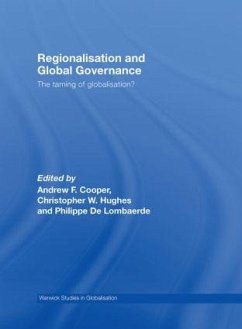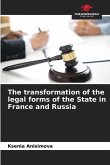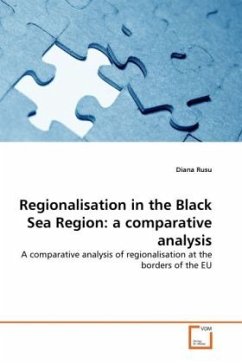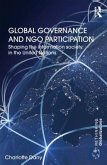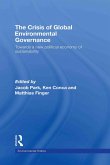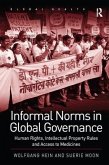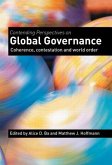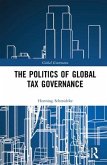The relationship between global governance and regionalization is fraught with ambiguity. Understanding regionalization in this context requires an understanding of its relationship, and reactive condition, with both the constellations of global governance and globalization. This book presents an overview and explores the distinctive but intersecting trajectories of regionalization and global governance. It surveys: the theoretical debates the economic dimensions: multinationals, trade and investment, and labour the security considerations: armed conflict, conflict prevention and peacekeeping and non-traditional security in Asia the governing structures: managing contemporary multilevel architecture and cultural policy, leadership and the L-20. The expert and multi-disciplinary editors and contributors survey the context as well as the general character of these projects, together with their links as both parallel mediating mechanisms and distinctive choices for interjecting governance into globalization. Examining these projects in tandem amplifies their importance and enables the contributors to tease out coincidental as well as alternative possibilities in policy direction. This book will be of interest to students and scholars of international relations, area studies, international economics, international political economy, political science, public administration and development studies.
Hinweis: Dieser Artikel kann nur an eine deutsche Lieferadresse ausgeliefert werden.
Hinweis: Dieser Artikel kann nur an eine deutsche Lieferadresse ausgeliefert werden.

